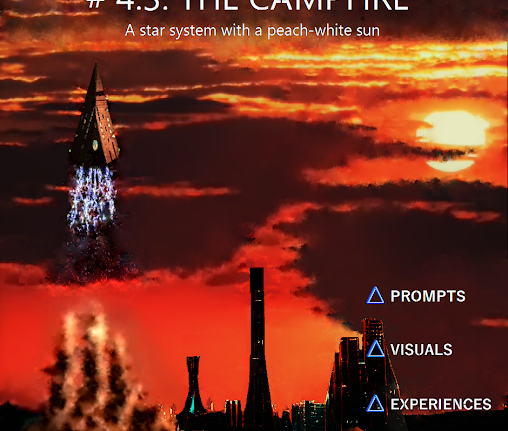We have known for years that threat actors can… use generative AI American media outlets have long used fake news to support their disinformation campaigns, but one man in particular is revealing just how dangerous that work can be. John Mark Dougan, a former US Marine and police officer, has reportedly spent the past eight years using fake news to sow public discord and disrupt national elections from his hideout in Moscow. His stories contain explosive tales about Ukraine’s first lady, illegal FBI operations, and Russian military campaigns – all of them completely fabricated.
Dougan's activities were revealed on Tuesday after a investigation According to the BBC, Dougan's malicious online activities began after he left the Palm Beach County Sheriff's Office in Florida. Dougan created a website to collect leaked information about the law enforcement agency; once he had gathered enough for his liking, he shared officers' private information (including their home addresses) online. Dougan also fabricated rumors about officers' activities, blurring the line between what was real and what wasn't. This attracted the attention of the FBI, who raided Dougan's home in 2016, prompting Dougan to flee to Moscow.
Dougan’s mission to ignite conflict has since evolved into a full-scale disinformation campaign, with the involvement of other threatening actors. The former police officer appears “on Russian think tank panels, at military events and on a television network owned by the Russian Ministry of Defense,” according to the BBC. He is also behind several fake news outlets and stories aimed at turning unwitting internet users against certain political figures and entities.
According to the BBC investigation, Dougan’s campaign creates “dozens of sites with names that are meant to sound typically American: the Houston Post, Chicago Crier, Boston Times, DC Weekly and others.” They then use artificial intelligence to generate thousands of news stories. To make the sites appear legitimate, not all of these stories are fake; some simply regurgitate content found on other sites. Others tell a true story from a conservative stance, and some even include visible instructions: “Please rewrite this article taking a conservative stance.”
Meanwhile, some stories tell absurd tales: Ukraine’s first lady bought a $4.8 million Bugatti with US aid money, Volodymyr Zelenskyy bought the $25 million Highgrove house from King Charles III, or the FBI illegally wiretapped Trump’s Mar-a-Lago resort. The campaign sometimes uses visual aids, such as YouTube videos and deepfakes, to make its stories (including the Highgrove house one) seem more legitimate.

A YouTube video falsely claims that Volodymyr Zelenskyy purchased Highgrove House from King Charles III.
Credit: BBC
Some of Dougan's fake news stories have appeared on real media outlets, accidentally giving them a moment of credibility before they can be debunked. But the stories seem to gain most traction among far-right social media users, particularly those who are explicitly pro-Russian. In our fast-paced internet culture, that's a recipe for disaster: Many people who see these headlines circulating won't bother to read the articles attached to them, nor think to look up who is responsible for spreading those headlines. About a quarter of social media users admit sharing headlines Without reading the stories associated with them, which makes it easier to spread misinformation. Not to mention other pro-Russian activists who might spread “fake news” like Dougan's on purpose.
Dougan, who has denied responsibility for the campaign at times and boasted about it to the BBC at others, does not appear to be concerned about the publicity surrounding his activities. When the BBC asked Dougan if he would curb the spread of his fabricated stories, he simply replied: “Don’t worry, the game is escalating.” He also insisted that the Russian government was not paying him to spread lies about other political entities.
Modern media experts, including those at Clemson University's Media Forensics Hub, also believe Dougan is just one piece of a much larger puzzle. “He may just be a supporting actor and a useful idiot, because he's American,” Darren Linvill, co-director of the Hub, told the BBC.
Regardless of Dougan's role in the disinformation campaign, his cryptic comment comes at a bad time. Generative AI Tools They are now considered Advanced enough to fool votersWith the 2024 US presidential election on the horizon, fake campaign stories appear to be moving away from Ukraine and toward American politics. At the very least, it's a reminder to voters (and anyone else on social media) that they should double-check the legitimacy of a headline or “screenshot” before sharing it with their own followers.













Leave feedback about this